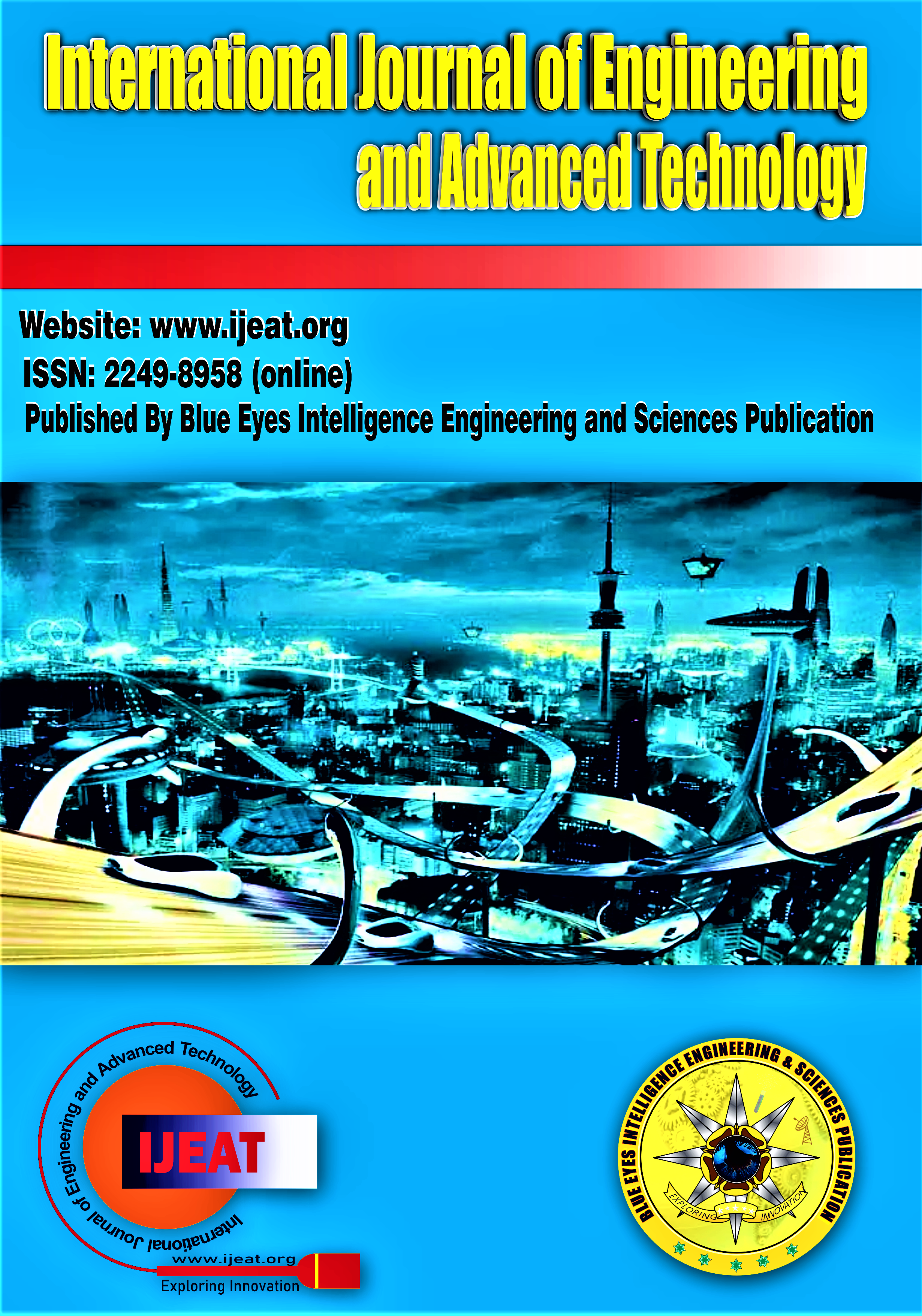Utilizing Local Organic Waste in Bioplastic Production: An Action Research on Enhancing Research Skills and Environmental Awareness Among Senior High School Students in Taganito, Claver, Surigao del Norte
Main Article Content
Abstract
This research investigates the impact of a classroomintegrated Science Investigatory Project (SIP) focused on bioplastic production from banana peel starch on the research skills and environmental awareness of Grade 12 STEM students. Conducted over 10 weeks with 45 participants at a public senior high school in Taganito, Philippines, the study employed a mixedmethods approach, utilising pre- and post-assessments, attitude surveys, and reflection journals. Students engaged in structured SIP phases, including proposal writing, experimentation, and presentation, with an emphasis on scientific inquiry and sustainable innovation. Quantitative findings revealed a significant improvement in research skills, with average scores rising from 61.7% in the pre-test to 86.4% in the post-test. Notable gains were observed in experimental design (+42.8%) and conclusion writing (+45.3%). Environmental awareness also increased markedly, with survey responses improving from an average of 3.5 to 4.6 on a 5-point Likert scale. Students showed greater confidence in contributing to environmental solutions and a stronger preference for using sustainable materials. Qualitative data from reflection journals reinforced these findings, with 91% of students expressing enthusiasm for hands-on learning and 87% reporting increased awareness of plastic waste issues. Despite challenges such as limited materials and time constraints, students demonstrated growth in scientific confidence, collaboration, and environmental responsibility. The study concludes that SIPs grounded in real-world ecological issues are effective in enhancing students’ research competencies and 21st-century skills, while also fostering environmental awareness and actionoriented mindsets. The integration of sustainability-focused Service-Learning Initiatives (SIPs) into science curricula is strongly recommended.
Downloads
Article Details
Section

This work is licensed under a Creative Commons Attribution-NonCommercial-NoDerivatives 4.0 International License.
How to Cite
References
Statista. Global production of plastics since 1950. Statista; 2024. Available from: https://www.statista.com/statistics/282732/global-production-of-plastics-since-1950/
Payanthoth NS, Mut NNN, Samanta P, et al. A review of biodegradation and formation of biodegradable microplastics in soil and freshwater environments. Applied Biological Chemistry. 2024; 67:110. https://doi.org/10.1186/s13765-024-00959-7
Ali Z, Abdullah M, Yasin MT, et al. Organic waste‑to‑bioplastics: Conversion with eco‑friendly technologies and approaches for a sustainable environment. Environmental Research. 2024; 244:117949. https://doi.org/10.1016/j.envres.2023.117949
Arriaga M, Pinar FJ, Izarra I, et al. Valorization of agri‑food waste into PHA and bioplastics: From waste selection to transformation. Applied Sciences. 2025;15(3):1008. https://doi.org/10.3390/app15031008
Yin Y, Woo MW. Transitioning from petroleum‑based plastic food packaging to sustainable bio‑based alternatives. Sustainable Food Technology. 2024; 2:548–566. https://doi.org/10.1039/D4FB00028E
Department of Education (DepEd). K to 12 Science Curriculum Guide. Manila, Philippines: Department of Education; 2016. Available from: https://www.deped.gov.ph/wp-content/uploads/2019/01/Science-CG_with-tagged-sci- equipment.pdf
Lucido PA, Valeza N, & Abulencia AM. The effectiveness of investigatory projects as a teaching strategy in high school science. International Journal of Science and Research (IJSR). 2020;9(11):1070–1074. https://doi.org/10.21275/SR201123161237
Sanchez, J. M. P., & Rosaroso, R. C. (2019). Science Investigatory Project Instruction: The Secondary Schools’ Journey. The Normal Lights, 13(1), 56–82. https://doi.org/10.56278/tnl.v13i1.1234
Dizon, J. R., Manalo, R. M., & Cabaluna, I. B. (2023). Production of biodegradable plastic from banana peel starch: A sustainable alternative for secondary science education. Philippine Journal of Science Education, 49(2), 101–110. https://doi.org/10.32405/pjse.v49i2.2023.03
Tejero MA. Enhancing science process skills through inquiry-based Science Investigatory Projects in senior high school. Philippine Journal of Science Education. 2025;50(1):45–58. https://doi.org/10.32405/pjse.v50i1.2025.07
Singh N, Rujnić-Sokele M. Bioplastics: A sustainable alternative to petrochemical plastics. Materials Today: Proceedings. 2018;5(9):17109–17115. https://doi.org/10.1016/j.matpr.2018.06.260
Kabir SMF, Quadir MA, Jahan I. Development and characterization of biodegradable plastic films from banana peel starch. Journal of Polymers and the Environment. 2020;28(10):2651–2662. https://doi.org/10.1007/s10924-020-01810-3
Villan RA, dos Santos FA. Fostering environmental responsibility through sustainability-themed project-based learning: Evidence from secondary students. Journal of Environmental Education. 2023;54(2):123–140. https://doi.org/10.1080/00958964.2023.1910276
Department of Education. K-12 Science Curriculum Guide (Grades 3–10). Pasig City: Department of Education; 2016. Available from: https://www.deped.gov.ph/wp-content/uploads/2019/01/Science-CG_with-tagged-sci-equipment.pdf
Salazar MM, Cruz AP. Promoting circular economy principles through student eco-product development: A case study in secondary education. International Journal of Sustainability in Higher Education. 2019;20(3):427–442. https://doi.org/10.1108/IJSHE-05-2018-0085





